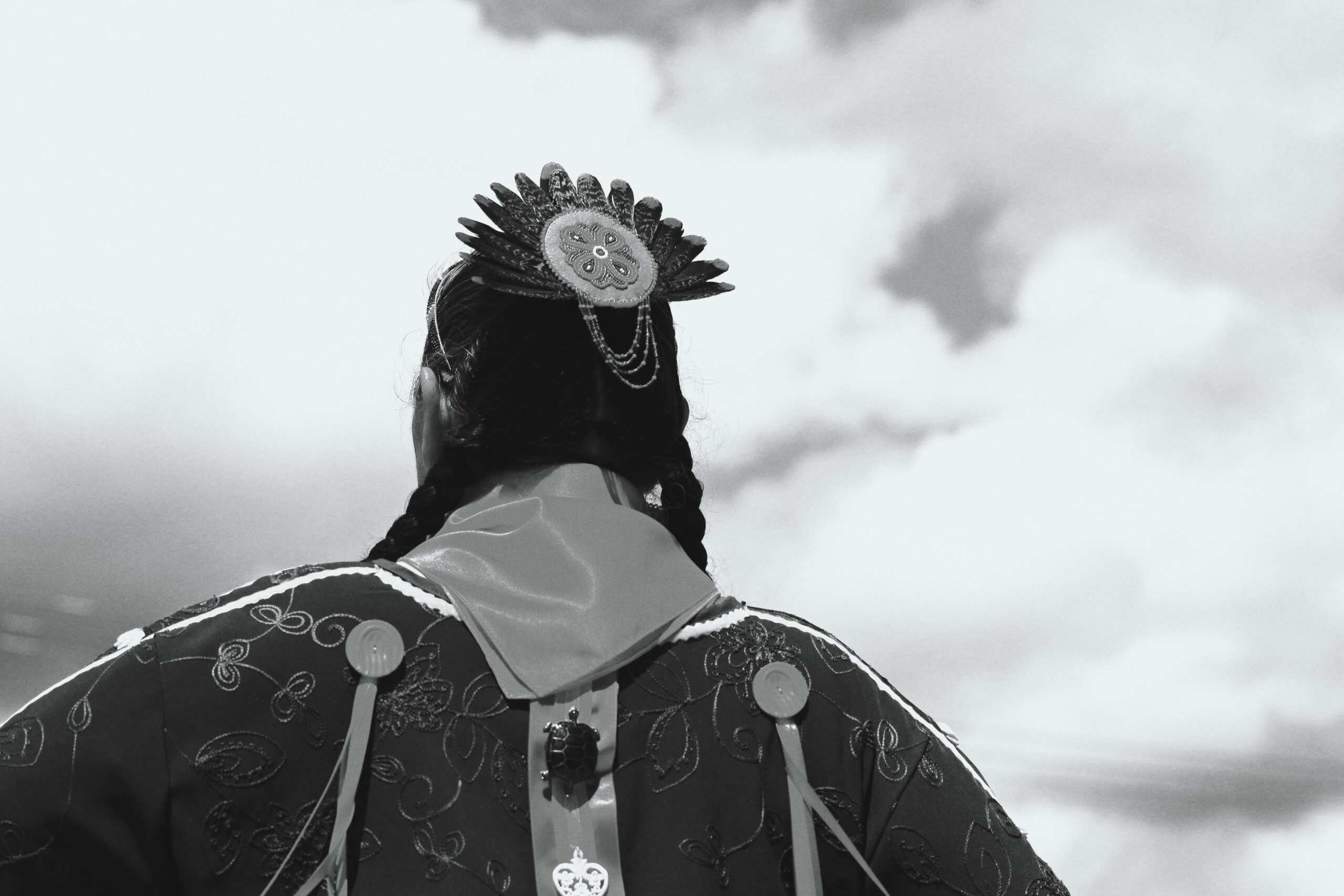Celebrating Indigenous cultures


Every June, when the weather is starting to feel like summer and the sun hangs high in the sky, people across Turtle Island take the opportunity to celebrate Indigenous cultures.
Coinciding with the summer solstice, National Indigenous Peoples Day is an annual chance for all of us to get to know the many peoples and nations we live with on this land.
In a country with a difficult history of oppression and discrimination against Indigenous Peoples, taking a day to honour and celebrate the people and cultures that existed here before colonization is an important step in reconciliation. After all, regardless of what culture we come from, we all deserve to celebrate and be proud of ours.
With over 630 First Nations communities in Canada, including 133 in Ontario, the richness and diversity of First Nations, Inuit and Métis is everywhere in our country. Communities across Ontario will host National Indigenous Peoples Day events with open invitations to all – visit Canada.ca for details.
Here at ONA, we know the relationship between settler Canadians and Indigenous people is a complicated one. We live together in an inherited system based on colonization and oppression that we are still trying to undo today. Even as we celebrate the many First Nations, Inuit, and Métis people and cultures across Turtle Island, the inequity is keenly felt as Indigenous communities evacuate to escape wildfires and deal with the highest reported level of tuberculosis in recent history.
As people who interact with patients, residents and clients from all walks of life, nurses and health-care professionals have a unique opportunity to put reconciliation into action and promote cultural safety for Indigenous people. Learning more about Indigenous cultures makes us better, more compassionate people, and better at our jobs.
Learning more about other cultures makes us better, more compassionate people, and better at our jobs.
Brigitte Goar (RN), ONA’s Anti-Racism and Anti-Oppression Specialist on Reconciliation, agrees.
“It is important for ONA members and health professionals to know about Indigenous cultures as it can help them understand the importance of the culture when caring for Indigenous peoples. It can help build respectful and healthy relationships. It would break down barriers that prevent Indigenous peoples from accessing care that is needed.”
If you’re looking to get to know the stories, traditions and cultures of First Nations, Inuit or Métis people, there are so many simple ways to do so.
Goar encourages members to “learn more on Indigenous people and culture by attending pow wows, education, reading, and documentaries. There are many courses and reading material to enrich your knowledge on Indigenous peoples.
“Attend local events, learn about the history and culture, support Indigenous-owned stores, restaurants, arts and crafts. Acknowledge the land and learn why that is important to Indigenous peoples. Have conversations about reconciliation with family and friends. Wear orange or red to recognize and support the impact of residential schools. Last, look at the 94 Calls to Action as a guide to Truth and Reconciliation.”
You can follow the Government of Canada’s Indigenous Instagram account to learn more about inspiring Indigenous women, 2SLGBTQ+ people, environmentalists, artists, activists, scientists and researchers. The federal government maintains a webpage with resources and events.
To find out about your local communities, you can visit Native-Land.ca to see the First Nations, Inuit and Métis communities around you and the traditional land you live on. On ONA.org you can learn more about the significance of land acknowledgments and how you can integrate this practice into your life.
And of course, you can recognize the day with a poster, social media graphic, or virtual background.
This is a standard popup that can be repurposed for general site-wide messages.
We use cookies to improve your experience on our website. To learn more, read our privacy policy.